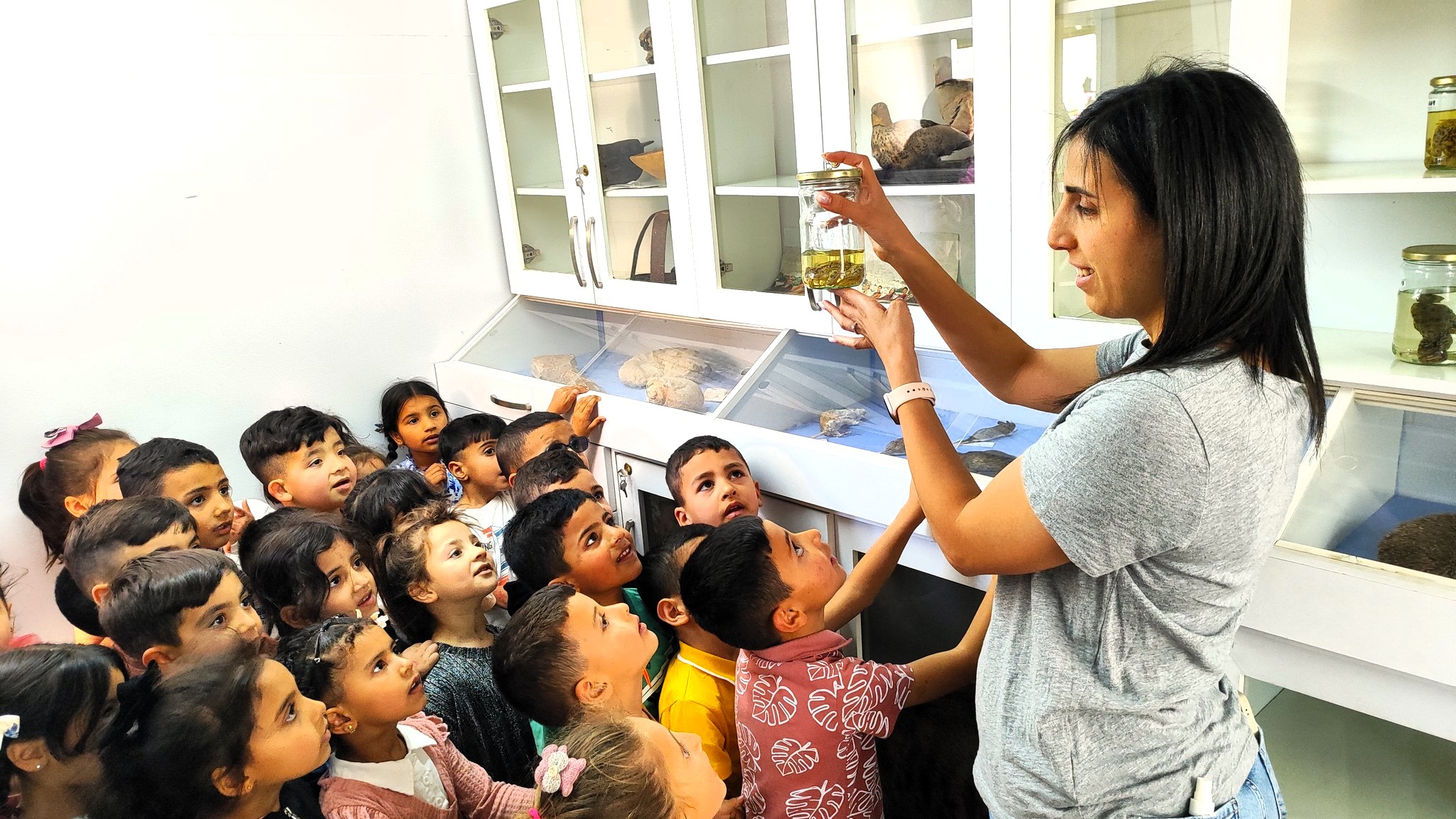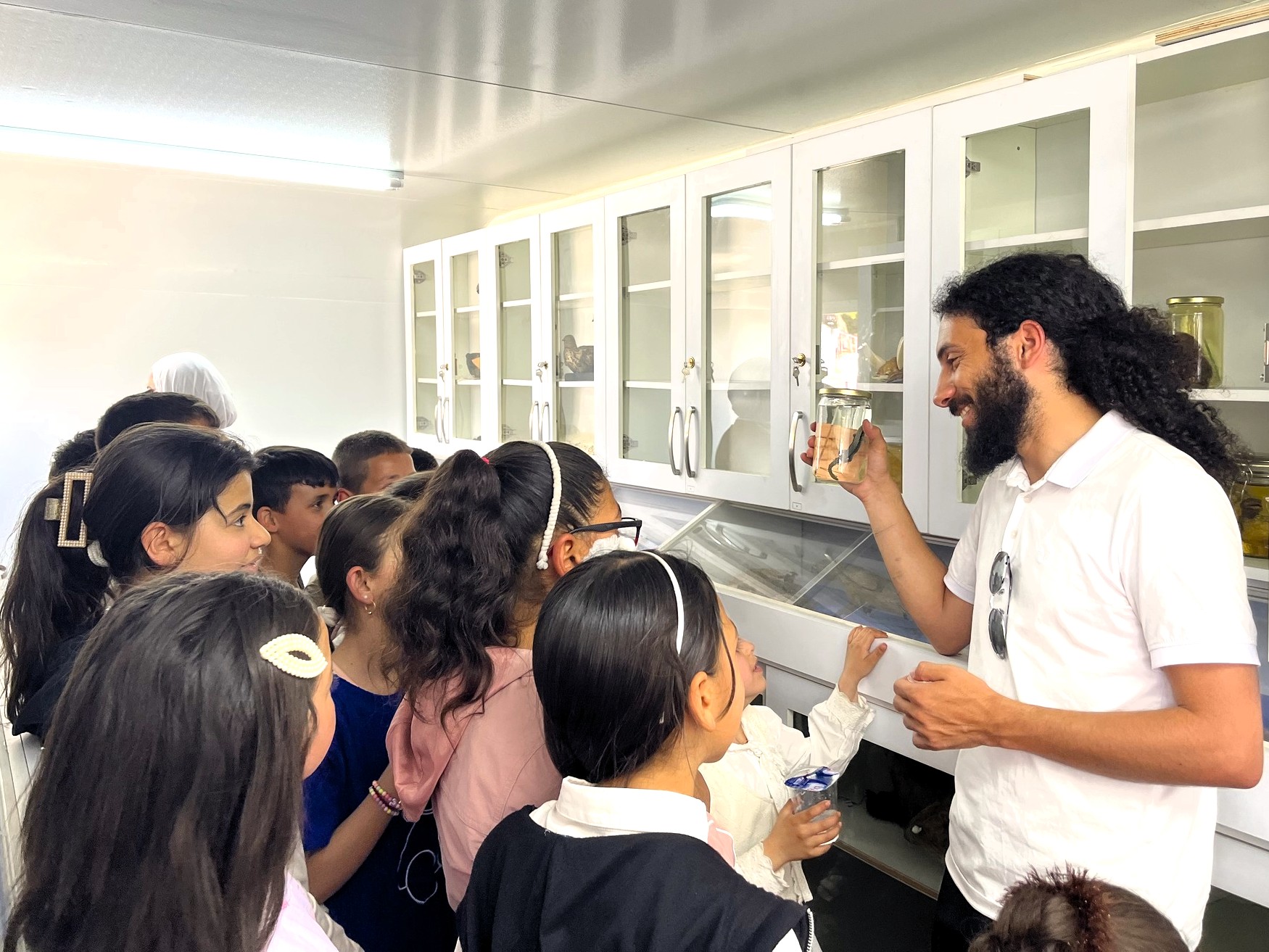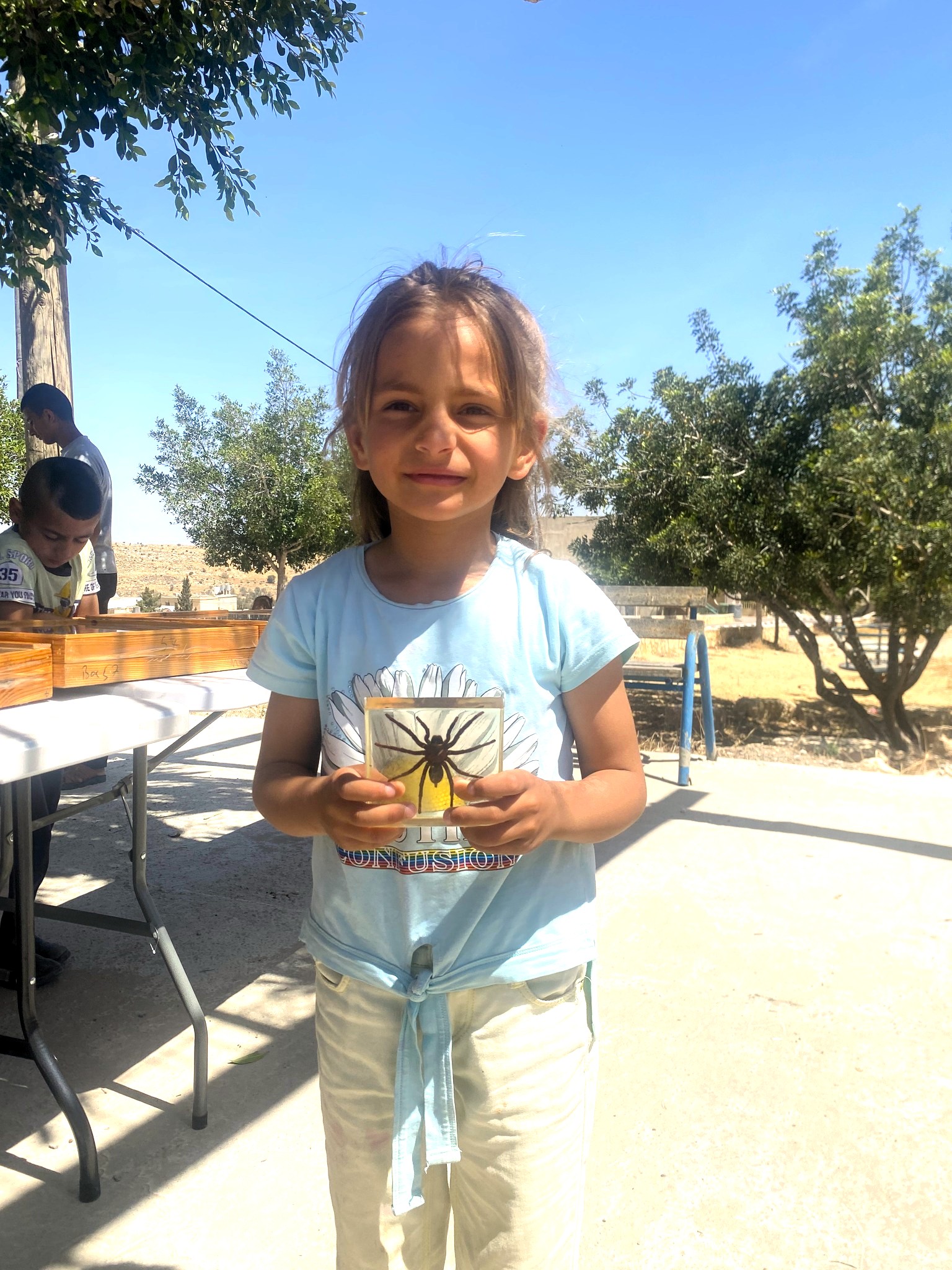Seeds of Change: For World Environment Day, Palestinian Children Lead on Environmental Protection of the West Bank
From Hebron’s olive groves to Jericho’s valleys, Palestinian children have the right to a safe, healthy environment. However, the West Bank remains one of the world’s most climate-vulnerable regions, facing urgent environmental challenges such as water scarcity, resource degradation, land contamination, and unsustainable land use. These issues are further intensified by limited sovereignty and financial constraints.
Action to protect the West Bank’s environment is therefore both critical and urgent. Through the Green Palestine project, implemented by World Vision, in partnership with the MA’AN Development Center and with financial support from the German Federal Ministry for Economic Cooperation and Development (BMZ), Palestinian children are taking the lead in defending their heritage and future. Their voices are rising—loud, clear, and determined—to protect the land.
Empowerment begins with knowledge. At the heart of the project is the Mobile Museum, implemented in partnership with the Palestine Institute for Biodiversity and Sustainability (PIBS), which uses interactive exhibits to educate children and communities about plastic waste, biodiversity, and sustainable practices. “We celebrate our land with the people. We bring knowledge and a love for the environment to remote places, to everyone,” shared a PIBS team member during a stop in Tarama, Hebron. “Education is the seed of change—and children are the best gardeners of hope.”

To date, the initiative has reached 13 villages, some in very remote areas, across six governorates, engaging over 2,700 children and community members. Many, like 14-year-old Yamen Riyad Taleb Amro, have been deeply inspired: “I saw animals and butterflies I never knew existed. The guides were amazing—we learned so much.”

Early results show that increased environmental knowledge is a powerful catalyst for change:
74% of participating children demonstrated a strong understanding of the importance of protecting biodiversity
51% said they plan to plant trees
26% intend to share what they learned with friends and family
22% aim to reduce plastic use in daily life
But through the Green Palestine project, children are not only learning—they are leading. The initiative supports child-led Green Committees in 40 villages, encouraging young people to step up as environmental stewards. From tree planting and community clean-up days to recycling efforts and art-from-waste exhibitions, these children are identifying and implementing grassroots solutions to the interconnected challenges of climate change, poverty, and food insecurity.
Already, youth-led Green Committees have:
Planted 1,237 trees
Introduced 200 flowering plants to support pollinators
Created herbal and medicinal gardens that help restore biodiversity and preserve traditional knowledge
“This project isn’t just about climate—it’s about unity,” said Saher Khoury, World Vision’s Green Palestine Project Coordinator. “Children and communities are working together to build a sustainable future. Together, they are creating a youth-led movement rooted in justice and the belief that environmental rights are child rights.”
